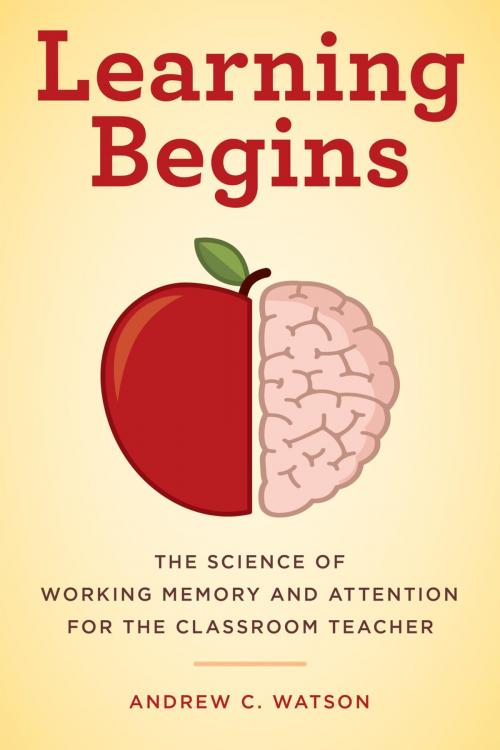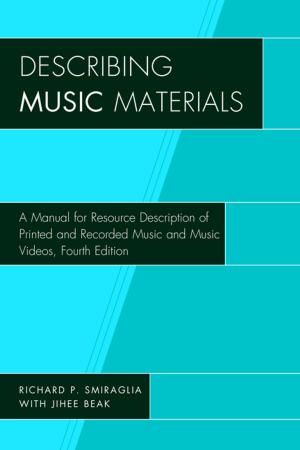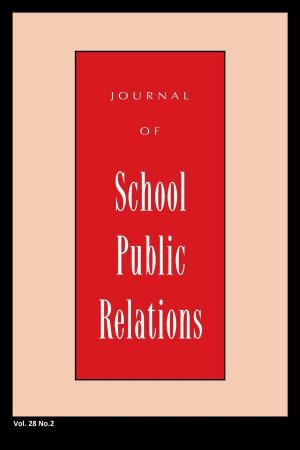Learning Begins
The Science of Working Memory and Attention for the Classroom Teacher
Nonfiction, Reference & Language, Education & Teaching, Teaching, Teaching Methods, Educational Theory| Author: | Andrew C. Watson | ISBN: | 9781475833386 |
| Publisher: | Rowman & Littlefield Publishers | Publication: | March 8, 2017 |
| Imprint: | Rowman & Littlefield Publishers | Language: | English |
| Author: | Andrew C. Watson |
| ISBN: | 9781475833386 |
| Publisher: | Rowman & Littlefield Publishers |
| Publication: | March 8, 2017 |
| Imprint: | Rowman & Littlefield Publishers |
| Language: | English |
Learning Begins, written by a teacher for teachers, translates current brain research into practical classroom strategies. Because students learn with their brains, it simply makes sense for teachers to explore educational psychology and neuroscience. And yet, information in these fields can be daunting and contradictory. Worse still, few researchers can clearly explain the specific classroom uses of their remarkable discoveries.
Learning Begins both explains this research and makes it useful for teachers and administrators.
Part I investigates the science of working memory: a cognitive capacity essential to all school work. When teachers recognize the many classroom perils that can overwhelm working memory, they can use research-aligned strategies to protect it, and thereby promote student learning.
Part II reveals the complexities of student attention. By understanding the three neural sub-processes that create attention, teachers can structure their classrooms and their lessons to help students focus on and understand new material.
Written in a lively and approachable voice, based on years of classroom experience and a decade of scientific study, Learning Begins makes educational psychology and neuroscience clear and useful in schools and classrooms.
Learning Begins, written by a teacher for teachers, translates current brain research into practical classroom strategies. Because students learn with their brains, it simply makes sense for teachers to explore educational psychology and neuroscience. And yet, information in these fields can be daunting and contradictory. Worse still, few researchers can clearly explain the specific classroom uses of their remarkable discoveries.
Learning Begins both explains this research and makes it useful for teachers and administrators.
Part I investigates the science of working memory: a cognitive capacity essential to all school work. When teachers recognize the many classroom perils that can overwhelm working memory, they can use research-aligned strategies to protect it, and thereby promote student learning.
Part II reveals the complexities of student attention. By understanding the three neural sub-processes that create attention, teachers can structure their classrooms and their lessons to help students focus on and understand new material.
Written in a lively and approachable voice, based on years of classroom experience and a decade of scientific study, Learning Begins makes educational psychology and neuroscience clear and useful in schools and classrooms.















